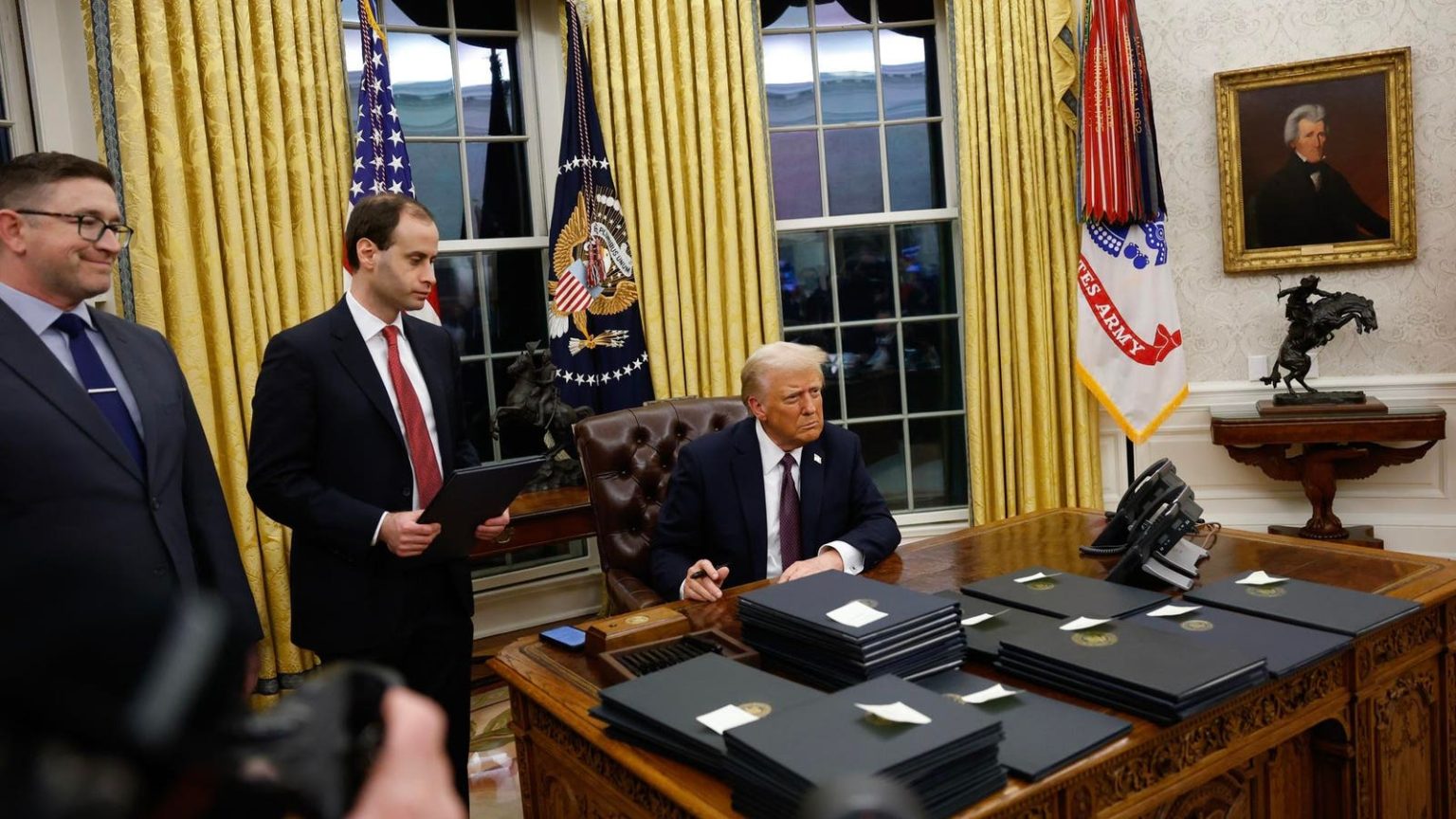A strategic reserve typically consists of a commodity crucial to a nation’s functioning, like the US Strategic Petroleum Reserve, designed to mitigate economic shocks. The recent proposal for a US strategic Bitcoin reserve, however, deviates significantly from this model. Bitcoin, a cryptocurrency with questionable utility beyond speculation, is being championed as a strategic asset despite lacking the fundamental importance of traditional reserve commodities. The proposal, spearheaded by Senator Cynthia Lummis’s BITCOIN Act of 2024, envisions the US Treasury acquiring one million Bitcoins over five years at a potential cost ranging from $100 billion to a staggering $1 trillion, depending on market fluctuations influenced by government purchasing. The rationale for this reserve revolves around hedging against inflation, reducing national debt, and bolstering the US’s global financial standing. However, the absence of practical applications for Bitcoin raises concerns about the validity of these arguments.
The proponents of a Bitcoin reserve often compare it to gold, another reserve asset with limited practical use. While gold historically served to settle international accounts, it now primarily functions as a hedge against exchange rate risk. Much of the world’s gold reserves are maintained out of inertia rather than any tangible benefit. Advocates argue that Bitcoin could replace gold as a modern alternative, but this analogy overlooks a critical distinction: gold, despite its limited utility, possesses inherent value and historical significance. Bitcoin, by contrast, lacks intrinsic value and its worth is driven largely by speculation. Furthermore, the cryptocurrency market remains susceptible to manipulation by large holders (“whales”), raising doubts about its suitability as a stable reserve asset.
The push for a strategic Bitcoin reserve extends beyond the federal level. Several US states, including Texas, have explored the possibility of establishing their own reserves, primarily through incentivizing Bitcoin miners to pay taxes in the cryptocurrency. Internationally, Germany, Hong Kong, Poland, and Switzerland have also entertained the idea of incorporating Bitcoin into their reserves. In Switzerland, a public referendum could potentially establish the country as the first to officially hold Bitcoin as a reserve asset, a prospect that clashes with Switzerland’s reputation for stability and financial prudence. The rationale behind these diverse efforts often centers on promoting a nation’s image as crypto-friendly and fostering innovation in the digital asset space.
The motivations behind the push for a strategic Bitcoin reserve appear disconnected from the original vision of Bitcoin as a decentralized, peer-to-peer electronic cash system. Early Bitcoin proponents emphasized its potential to liberate individuals from government control and censorship. However, the current drive for government adoption of Bitcoin seems more aligned with the interests of large Bitcoin holders who stand to gain from increased demand and price appreciation. The proponents of a strategic reserve argue that it would enhance Bitcoin’s legitimacy and mainstream acceptance, thereby benefiting all holders. Critics, on the other hand, view this as a form of market manipulation orchestrated by those seeking to profit from government intervention.
The push for a strategic Bitcoin reserve is driven by a combination of speculative fervor and the desire to position Bitcoin as a legitimate financial instrument. The “digital gold” narrative, while appealing to some, overlooks the fundamental differences between Bitcoin and a tangible asset like gold. While gold possesses intrinsic value and a long history of use in monetary systems, Bitcoin’s value is largely speculative and dependent on market sentiment. The volatility of the cryptocurrency market, coupled with its susceptibility to manipulation by large holders, raises serious concerns about its suitability as a reserve asset. Furthermore, the potential for government intervention to distort the market and enrich a select few contradicts the decentralized and anti-establishment ethos that initially drew many to Bitcoin.
The debate over a strategic Bitcoin reserve highlights the tension between Bitcoin’s original vision and its evolving role in the financial landscape. The early proponents of Bitcoin envisioned a decentralized currency free from government control. However, the current push for government adoption represents a significant shift away from this ideal. The potential for government intervention to inflate the value of Bitcoin, benefiting large holders at the expense of taxpayers, raises ethical questions. Furthermore, the inherent volatility and lack of practical utility of Bitcoin make it a questionable choice for a strategic reserve, which traditionally consists of commodities essential for a nation’s functioning. The push for a Bitcoin reserve appears driven more by speculation and the desire to legitimize Bitcoin than by any sound economic rationale.

